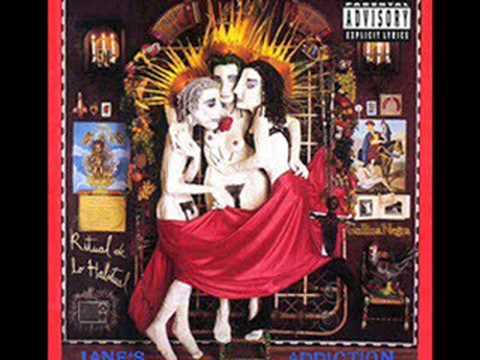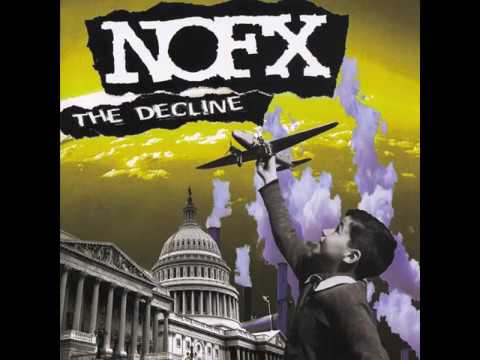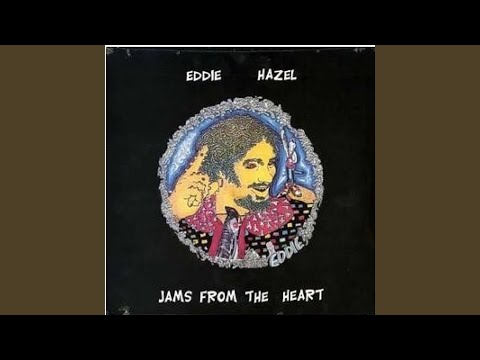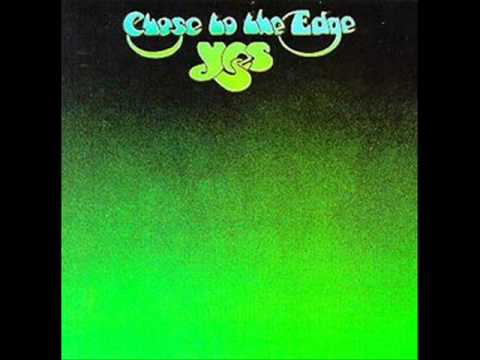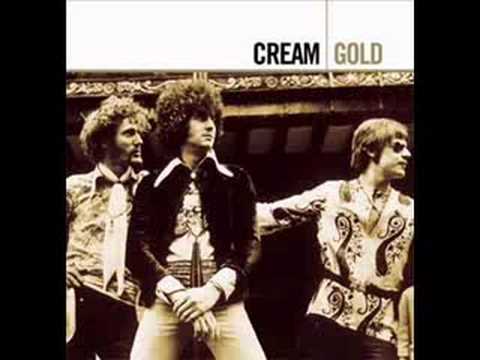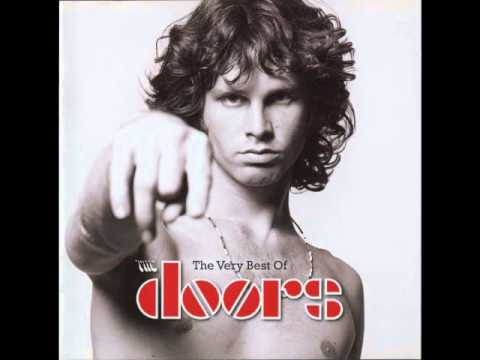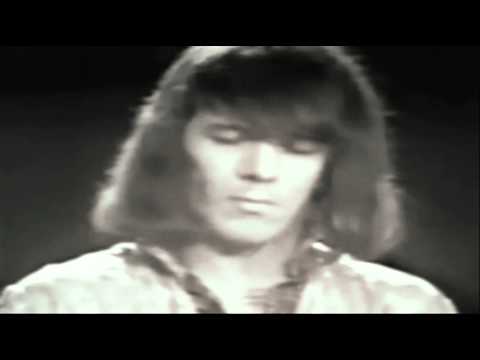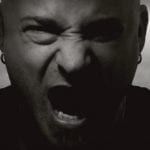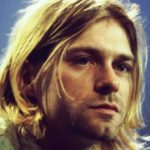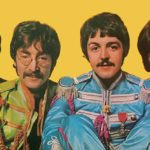Written by alternative rock band Jane’s Addiction, “Three Days” was inspired by Xiola Blue, who came to Los Angeles for her father’s funeral, and spent three days with frontman Farrell and his girlfriend in what was quoted as “a haze of sex and drugs.” Though the song was written prior to Xiola Blue’s death of a heroin overdose in 1987, the song was released in 1990, and the poem at the beginning makes light of this, in memory. The guitar solo is also ranked as #100 on Guitar World’s Best Guitar Solos of all time.
From a California based punk band comes this 18 minute EP that comments on, and encapsulates everything NOFX has become known for, such as attacking political and religious leanings. Interestingly, because of the cover art, the EP has been linked to syncing with Pink Floyd’s The Wall (the movie), in much the same way Dark Side of the Moon is rumored to sync with the Wizard of Oz.
This is a stratospheric, emotional song from Eddie Hazel, reminiscent of the psychedelic “Maggot Brain.” Not much can be said for his powerful, thrusting guitar, and the solemn vocals (which, in my humble opinion, remind me of groaning renditions of Bach). Needless to say, the inclusion of this is a personal wish, but it holds it own easily.
The title track to progressive rock group Yes’s fifth album is, supposedly, based and inspired by Herman Hesse’s book “Siddhartha.” According to vocalist Jon Anderson: “…You always come back down to the river. You know, all the rivers come to the same ocean. That was the basic idea. And so we made a really beautiful album….” And it truly is a wonderful album and serves as an excellent example of creating an ambiance and atmosphere with the simple inclusion and layering of running water, wind chimes and more.
Here you will see a small exception to the studio preference for these lists because, this song really stands out when blues-rock authority Cream takes it to the stage. But, even before then, this song wasn’t included on the release of the US version of the album Fresh Cream, and was, instead, replaced by “I Feel Free.” “Spoonful” was on the UK release, however it was ten minutes shorter than what it would become on the Wheels of Fire album.
With a former band member list numbering at 19 members, it seems more like a talented dysfunctional family rather than a band, but Uriah Heap gets it done (in 1971 originally) with sweeping riffs, and a powerful foreboding melody. Having changed their lineup so much, it’s hard to determine just what genre they fall under. They do maintain a large presence in Eastern Europe, but currently only have ‘cult’ followings in North America and the UK.
“The End” is a song from The Door’s self-titled album, written by Jim Morrison about breaking up with his girlfriend. The song evolved after several months of performances, using it to close their set. It was first released in January 1967. The song was recorded with no overdubbing and ranks as #336 on Rolling Stone’s 500 Greatest Songs of All Time.
Inspired by Samuel Taylor Coleridge’s poem of the same name, this heavy metal epic borrows some of the famous lines from the poem: “Water, water everywhere, nor a drop to drink.” The song was written in a short time according to the band, and written while in the Bahamas. It can be divided into 3 parts, the first expressing the exemplary galloping that metal is known for, the second being soft and dark, and the third phase an upbeat instrumental before repeating the initial melody.
If there is any way to sum up Jethro Tull, let this little anecdote paint you a picture. A friend of mine had the pleasure of experiencing a Jethro Tull concert. An hour into the concert a band member proudly proclaimed, “And now, for our second song.” And so here we are at “Thick as a Brick,” an epic progressive rock song resembling a typical classical symphony. This song also uses a host of instruments, with guitars, drums, piano, a Hammond organ, flute, harpsichord, xylophone, timpani, violin, lute, trumpet and a string section.
To conclude this list we come to Iron Butterfly’s psychedelic amalgamation of experimentation, drums and a little bit of alcohol. If legend is to be believed, while intoxicated during a rehearsal, Doug Ingle slurred the words “In the Garden of Eden,” thus giving the song its name and lyrics. There are other explanations, such as the drummer misinterpreting the title and it sticking, as well as other variations of being drunk/high. Besides that though, this song is monumental for helping to conceive heavy metal out of psychedelic rock.
